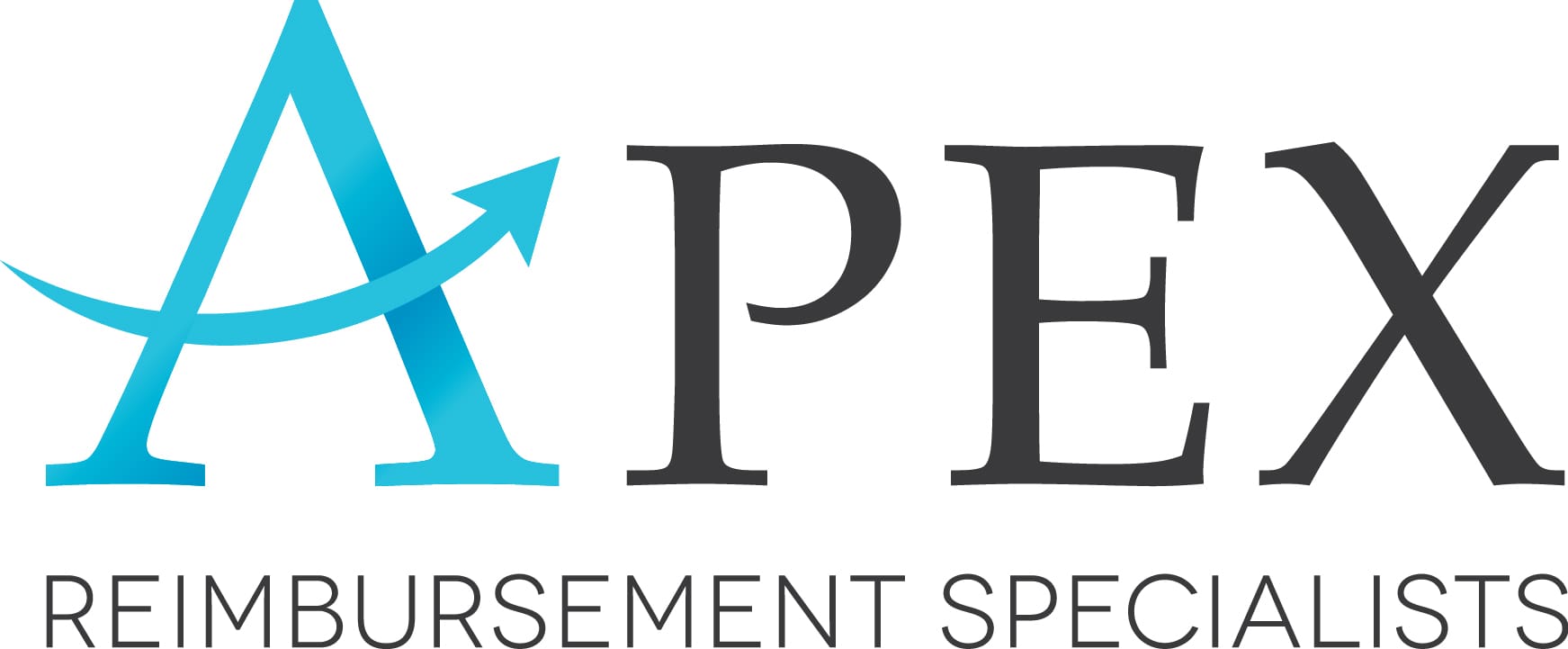Acquiring a new dental practice can be a great way to expand your existing dental business or explore other markets. However, acquiring any new business can be lengthy, expensive, and filled with potential obstacles. There are many common challenges that dentists experience when trying to complete a dental practice acquisition, whether it is their first practice or their fourth. What are some of the challenges you might encounter during your acquisition process?
Valuation Discrepancies
One of the most common challenges you might face during a dental practice acquisition is arriving at an accurate and agreed-upon valuation. Many times, sellers can overestimate the worth of the practice based on emotional attachment, while buyers are more focused on objective financial data. Valuation discrepancies often stem from differences in how factors like patient volume, equipment condition, and revenue streams are assessed.
To avoid valuation issues, it’s important to work with professional appraisers who specialize in dental practices. By working with professionals, you can trust you will receive a fair, market-based valuation that takes into account the practice’s financial performance, assets, and future earning potential. Accurate valuation ensures both parties feel confident in the transaction.
Transitioning Over the Patient Base
Maintaining a stable patient base is essential when acquiring a dental practice, yet it can be one of the hardest parts of the transition. Especially if patients have been seeing the same dentist for a long time, they might feel uncertain about the change in ownership and consider switching to another provider. Building trust with existing patients while integrating them into the new practice can take time and effort.
To overcome this challenge, a well-planned transition strategy is essential. Make sure that the dentist you are acquiring the practice from introduces you to patients personally to assure them that you are committed to maintaining the same high standards. Effective communication about the transition and what patients can expect can also play a critical role in retaining the patient base.
Retaining Staff and Integrating Into the Company Culture
Fitting into existing company culture is often overlooked during dental practice acquisitions, but it can be a significant factor in determining the success of the transaction. The current practice’s staff, from dental hygienists to front-office employees, are used to a specific work environment and management style. A new owner often means changes in policies, procedures, or office culture that can create friction.
Retaining key staff members during the transition is vital for practice stability. Losing experienced team members can disrupt operations and negatively impact patient satisfaction. To prevent this, spend time with the existing staff to determine if the existing company culture is a good fit. Gradual changes, instead of an immediate overhaul, are often a better idea for employee and patient retention. If a practice is great on paper but a total cultural mismatch, it might be better to look elsewhere.
Technological Upgrades
Today’s dental practices use a great deal of machinery and technology to provide a great experience. When completing a practice acquisition, you may encounter outdated or incompatible technology that requires significant investment to upgrade or replace. While this isn’t necessarily a dealbreaker, it will mean that you need to invest more financially into the practice at the start of your transition.
Additionally, integrating new technology into an existing practice can also present challenges for staff who are unfamiliar with new systems. A well-planned technology integration strategy, including training sessions and support, can ease the transition and ensure that the practice operates efficiently once the acquisition is complete.
Simplify the Acquisition Process with APEX Reimbursement Specialists
Whether you’re looking for a way to make revenue cycle management at your dental practice easier or hoping to improve your overall patient communication plan, APEX Reimbursement Specialists is here to help. Contact our team today by calling (410) 710-6005. We look forward to working with you to make your practice a more profitable place.

